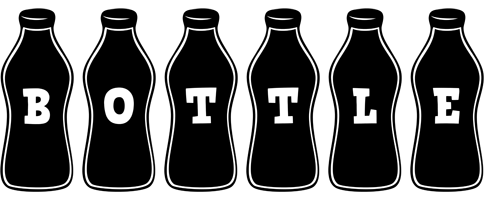Mortgage loans represent a cornerstone of homeownership in the United States, enabling individuals and families to purchase residential properties. These loans come in various forms, each with its own set of terms and requirements. Here's a closer look at mortgage loans and their significance in the housing market:
### Understanding Mortgage Loans
A mortgage loan is a type of secured loan used to finance the purchase of a home or other real estate property. Unlike personal loans, mortgages require collateral, typically in the form of the property being purchased. This collateral serves as security for the lender, reducing the risk associated with the loan.
### Types of Mortgage Loans
1. **Fixed-Rate Mortgages:** With a fixed-rate mortgage, the interest rate remains constant throughout the loan term, providing borrowers with predictable monthly payments. This stability makes fixed-rate mortgages popular among homeowners seeking long-term financial security.
2. **Adjustable-Rate Mortgages (ARMs):** ARMs offer an initial fixed interest rate for a predetermined period, after which the rate adjusts periodically based on market conditions. While initial interest rates may be lower than those of fixed-rate mortgages, ARMs carry the risk of future rate increases, potentially resulting in higher payments.
3. **Government-Backed Loans:** Government-sponsored entities such as the Federal Housing Administration (FHA) and the Department of Veterans Affairs (VA) offer mortgage loan programs designed to assist specific demographics, such as first-time homebuyers or veterans. These loans often feature lower down payment requirements and more lenient credit qualifications.
### Features of Mortgage Loans
- **Loan Amount and Term:** Mortgage loans vary in terms of the amount borrowed and the repayment period, typically ranging from 15 to 30 years.
- **Down Payment:** Borrowers are generally required to make a down payment, representing a percentage of the home's purchase price. Down payment requirements vary depending on factors such as loan type and borrower qualifications.
- **Interest Rate:** The interest rate on a mortgage loan can be fixed or adjustable, impacting the total cost of borrowing over the loan term.
- **Closing Costs:** In addition to the loan amount, borrowers are responsible for paying closing costs, which may include fees for appraisal, title insurance, and loan origination.
- **Private Mortgage Insurance (PMI):** Borrowers who make a down payment of less than 20% of the home's purchase price may be required to pay for PMI, which protects the lender in case of default.
### Considerations Before Taking a Mortgage Loan
- **Financial Preparedness:** Evaluate your financial readiness to become a homeowner, considering factors such as income stability, debt obligations, and savings for a down payment and closing costs.
- **Creditworthiness:** Maintain a healthy credit score and address any discrepancies on your credit report to improve your chances of securing favorable loan terms.
- **Affordability:** Determine how much house you can afford based on your income, expenses, and financial goals, ensuring that monthly mortgage payments fit comfortably within your budget.
- **Comparison Shopping:** Shop around and compare mortgage offers from multiple lenders to find the most competitive rates, terms, and closing costs.
### Conclusion
Mortgage loans play a pivotal role in facilitating homeownership and shaping the housing market in the United States. By understanding the various types of mortgage loans, their features, and associated considerations, prospective homebuyers can navigate the mortgage process with confidence and make informed decisions that align with their financial goals and circumstances.


0 Comments